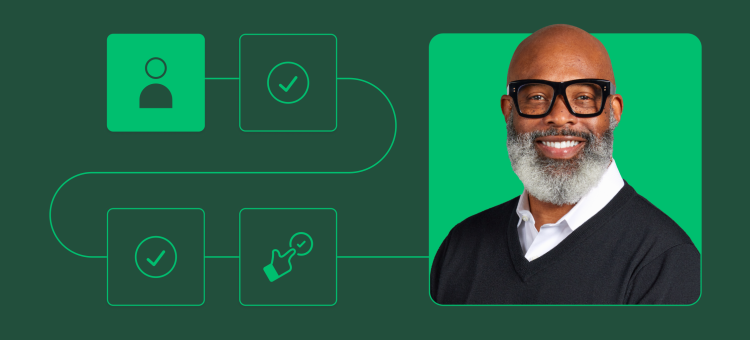Have things gotten better for women in this country since Trump took office? Depends who you ask. Millennial men are more likely than millennial women to say they’ve gotten better for women. Nearly identical shares of millennials of both genders say they’ve become more involved in politics and causes in the last year. Young Republicans are twice as likely as young Democrats to say things have gotten better, yet both say they are “more involved” in politics and causes in their communities compared to the year before Trump took office.
● Trump, An Impetus for Running for Office. Overall, Donald Trump’s election to the highest office made 17 percent of Americans more likely to run for office, but some groups are more likely than others to say they are considering a run; people who attended the women’s march in 2017 are most likely (40%), followed by millennial Democrats (33%), Blacks (27%), and millennials overall (25%).
● It’s hard out there for a woman. They might run, but six in ten people (59%) think it’s harder for a woman than a man to get elected. This is higher amongst millennial women, of whom more than three‐quarters (77%) think that women are at a disadvantage.
● Sustained Activism Among Millennials, compared to our 2017 look at activism, there was a sustained push for activist‐like behaviors coming from the left in 2018. At double the rate of Republicans, Democrat and Democratic‐leaning millennials participated in more activities on the anniversary of the women’s march (73% for Dems vs. 43% for GOP). Left and left‐leaning 18‐34 year‐olds say they are also more likely to vote (66% vs. 43%) and run for office (33% vs. 19%) compared to their GOP counterparts since Trump took office.
● Different Movements Move Millennials. From a list of social movements, the 18‐34 cohort supports most causes a great deal more than people overall. For instance, BLM movement is supported by 52 percent of millennial women vs. 30 percent among people overall and #MeToo for 50 percent of these young women compared to 27 percent of Americans overall.
● Marching On. The impact of the Women’s March was much greater for millennial women: over half (53%) of millennial women think last year’s march improved things for women in the U.S., only 40 percent of people overall feel the same.
○ Millennials also turned out to march again in 2017‐‐41 percent of the people who showed up for this year’s anniversary march were millennials. The inaugural Women's March drew an impressive crowd and we found that six percent of Americans “attended or marched in person”. Fast forward a year later, and we see sustained support for the movement‐‐‐6% said they “attended or marched in person” this year, a number which doubles amongst millennial women (12%).
● Created Hopefulness. Marchers in 2018 are among the most hopeful about the power of activism in their community. A greater share of them think the first march improved the situation for women “a lot” or “some” than Americans overall (73% vs. 40%). Six in ten (62%) of these folks are more involved in politics or causes in their community and many think the most impactful thing to lift up women is to recruit more women to run for office (69% vs. 50% overall). Four in ten (40%) say they are more likely to run for office themselves because of Trump’s win, and a greater share (62%) say they are more likely to vote for the same reason.
Question text:
Compared to a year ago, do you think things for women in this country have gotten better, worse, or remained about the same?
Compared to last year, are you more or less involved in politics or causes in your community?
Which of the following social movements do you support? (Select all that apply).
How hopeful are you that being involved in politics or causes in your community will affect real positive change?
Thinking back to January 2017, how much would you say the Women’s Marches improved the situation for women in the U.S. today?
Did you do any of the following for the Women’s March, which took place on January 20, 2018? (Select all that apply.)
All other things being equal, do you think it is harder for a man or a woman to get elected to public office?
Which do you think will make the greatest difference for women in this country?
Did the election of Donald Trump as president make you more or less likely to vote in future elections?
Did the election of Donald Trump as president make you more or less likely to consider running for office?
What are the chances that you will vote in the 2018 midterm elections?
*voters *women



